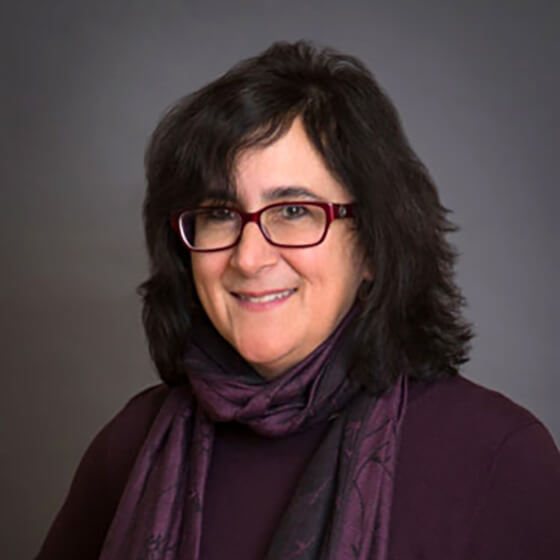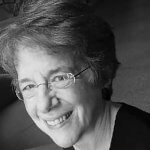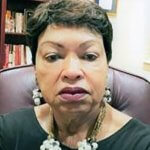Our Story
Growing Together As Allies (GTAA) is a group comprised of Monmouth University School of Social Work (MUSSW) faculty, students, administrators and alumni that are committed to antiracism/ racial equity work within the school and the greater Monmouth community. GTAA initially began in 2015 as an informal group who met monthly to reflect, learn, and share strategies of how to address racism, power and privilege in the classroom. The title of the group was selected to emphasize the nature of the work of being an ally across social identities of race, ethnicity, sexuality, gender, class, religion and ability.
In the wake of the deaths of Ahmaud Arbery, Breonna Taylor, and George Floyd and the public outcry in the form of rallies, protests, and other forms of activism that followed, Dean Mama asked the faculty to read and collectively process Me and White Supremacy by Layla Saad in the summer of 2020. Through this process of introspection, we realized that we needed to look inwards, both individually and as a school, in order to renew our commitment to and amplify our efforts around anti-racism inside and outside of the classroom.
In the Fall of 2020, GTAA was reinvigorated as a formal committee of MUSSW and became more active than it’s ever been. As the academic year began, we turned our focus to setting strategic goals for this work. First, we felt it was important to create a public statement that would express our position regarding racism and anti-racism. In doing so, faculty realized the importance of having the voices of students and alumni as part of the statement drafting process. Together faculty, students, and alumni have engaged in self-examination, research, and dialogue to arrive at a place where we are ready to release an anti-racism statement that is grounded in collective commitment to anti-racism action and accountability.
In April 2021 we held a listening session to get more feedback on the statement and hosted an audience of 63 students and alumni who embraced the opportunity to share their voices, expressed support for the statement, eagerness for an action plan, and another listening session. In June 2021 we held a second listening session and hosted an audience of 23 students and alumni.
This process has been, at times, challenging both individually and collectively, and progress has sometimes been slow. Yet, as a part of doing this work within a community, it requires an acknowledgement that we are all works in progress and at different places in our journeys towards anti-racism and anti-oppression. We’ve come to realize that our growth as a community is intertwined with its members’ and best supported by acceptance of and accountability to one another. We realize that our work is just beginning, but we commit ourselves to the continuous work that anti-racism progress demands.
Our collective statement on anti-racism was officially voted on by the faculty in August 2021 and passed unanimously. We will now forge ahead to work on our action plan as well as our planned action to address racism and white supremacy in our school climate, curriculum, hiring and admission practices, and in the greater University community. One of the outcomes of the listening sessions was the need for partnerships across campus to advance anti-racism and change, and the need to bring a variety of voices to campus.
This led to our Fall 2021 Speaker series, which is generously supported by numerous departments and schools across campus including Department of Professional Counseling, Marjorie K. Unterberg School of Nursing and Health Studies, School of Humanities and Social Sciences, Department of History and Anthropology, Department of English, Honors School, Department of Criminal Justice, Department of Educational Counseling and Leadership, Office of Equity and Diversity, School of Science, Social Justice Academy, Black and African Diaspora Faculty Union, Institute for Global Understanding, Department of Psychology, Department of World Languages, and the Social Work Society.
If you would like to be part of our continued effort to make MUSSW a more equitable and accountable institution or have questions or concerns that you would like to see addressed, please feel free to contact us.

Co-Chair, Growing Together as Allies
Email: rcusegli@monmouth.edu
Phone: 732-923-4694

Co-Chair, Growing Together as Allies
Email: adeepak@monmouth.edu
Phone: 732-923-4552
Social Workers, the Vote and US Democracy |
|
|
|
|
Living Beyond the Trauma of Racism: #IamHer |
|
|
The Strengths of Black Families |
|
|
Supporting Systems and Communities in Achieving Racial Equity: A Groundwater Analysis |
GTAA Anti-Racism Statement for Monmouth University School of Social Work
June 2, 2021
Unanimously supported by faculty vote August 2021
The Monmouth University School of Social Work denounces systems of racism and structural oppression that produce visible and invisible violence and allow hatred and horrific brutality to persist. We stand in solidarity with Black Lives Matter and other movements to end the dehumanization of people based on the color of their skin and to promote equitable and humane treatment for all people. Racism has been interwoven into U.S. systems and structures since enslavement and colonization, with longstanding consequences to Black, Indigenous and People of Color and their families and communities. We stand ready to advance the fight to promote equitable and humane treatment for all people as an expression of our ongoing commitment to human rights and social justice.
As social work professionals, it’s vital to acknowledge that all forms of racism—institutional, personally mediated and internalized—are real and present in social, economic, political, environmental, and health systems, adversely affecting Black, Indigenous and People of Color. Recognizing our dedication to social and human rights has not prioritized racism, we are committing to explicitly advance anti-racism in everything we do; from our school structures, policies, and practices to our curriculum, our relationships with alumni, community organizations and the wider community. We see white supremacy, the idea that whiteness is supreme over others, is present in our values as a nation, in our culture, in our ways of being, and even within the social work profession. Moving forward, we will ground our work in the essential components of anti-racism—listening, learning, reflection, discomfort, dialogue, and action.
We acknowledge that the current and historical practices of social work have produced racist outcomes that harm Black, Indigenous and People of Color and their families. Black, Indigenous and People of Color have made and continue to make academic, political and organizational contributions to the fight for social justice and human rights—yet, the profession has too frequently ignored or erased them. We pledge to remedy this by centering our knowledge base and modes of practice on the expertise and experiences of communities of color, and ensure that is reflected in our curriculum, school structures, policies and practices.
We commit to doing this work through an ongoing process of individual and collective education, discussion, and action. We will begin this work through creating faculty, student, alumni, field, and administrative spaces in which we can build authentic relationships through courageous conversations about race, racism, white supremacy and interlocking forms of oppression. We acknowledge that regardless of one’s own race or ethnicity, individuals are at various points along an anti-racist anti-oppressive journey. We believe that individual and collective growth are intertwined and best supported in an authentic community environment in which individual and collective accountability is honored to encourage learning, growth, and the implementation of our action plans.






